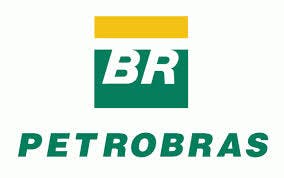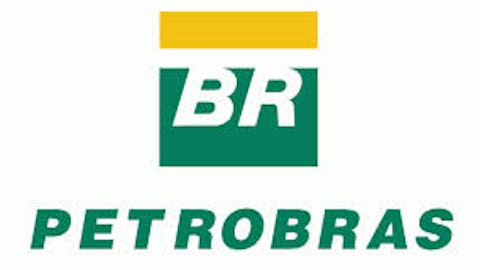A few years ago Brazil – a member of the BRIC (Brazil, Russia, India, and China) – was the hottest emerging market on the planet. Brazil’s stock market returned a remarkable 350% from 2004 to 2008. By contrast, the S&P returned a solid 40% over that same time period.
Then Brazil made a series of policy blunders, such as raising interest rates and interfering with capital markets, that soured investors and sent stock prices down sharply.
The Government of Brazil, for instance, coerced the leadership of Petrobras into trading energy reserves for shares. As a consequence, the Brazilian Governmental gained control of Petrobras (the Brazilian Government now reportedly has a 54% stake). Moreover, the dilution of shares decreased share performance and shareholder return.
Brazil also limited the price at which Petrobras can sell gasoline to consumers.
Furthermore, the Government of Brazil has increased its regulation of the banking and utility sectors. The Government of Brazil, for example, reduced the spreads between what banks borrow and lend at as well as fees for consumers. Separately, it also attempted to reduce the price of energy.
All in all, almost every company in Brazil seems to have had an issue with either governmental interference or weak global demand or both.
So with investor sentiment and expectations at low levels is it time to consider investing in Brazil? Has the market already assumed the worst possible case scenario for Brazil? Is Brazil going to turn things around or is the worst yet to come?
What Factors Should You Consider?
There are several catalysts that could impact equity returns.
Back in 2010 Brazil’s GDP grew at 7.5%. Then GDP growth slowed to 2.7 % in 2011. And in 2012 Brazil’s GDP grew at around 1.5%.
But Brazil should be able to grow at 3 – 4% in 2013 and beyond. After all, Brazil’s central bank has slashed interest rates to a record low of 7.25% and Brazil’s Government has introduced a stimulus aimed at reducing the cost of doing business by investing in infrastructure.
Those decisions should boost economic growth.
Add to that the widely cited fact Brazil will host the 2014 World Cup and 2016 Olympics and you can begin to see how this out of flavor emerging market can come back.
Next consider that pension fund managers who are currently underweighting equities are going to shift money into equities once they become convinced that interest rates are going to stay low.
Now consider relative value, or the fact that the Brazilian index trades at a much higher earnings multiple than the India Sensitive Index (SENSEX), the Shanghai Composite Index (SHCOMP), and the Russia Micex Index (INDEXCF).
That disparity concerns me – but not too much because I see converging interests between the United States and Brazil in reviving economic growth and an improved relationship between the two countries. That contrasts sharply with our diverging interests with China and Russia.
What Companies Should You Consider?
I am considering 4 companies: Petroleo Brasileiro Petrobras SA (NYSE:PBR), Vale SA (NYSE:VALE), Companhia Energetica Minas Gerais (NYSE:CIG) and Itau Unibanco Holding SA (NYSE:ITUB).
Petrobras and Vale are now trading at roughly 1/3 of their 2008 highs. And Companhia Energetica de Minas Gerais Cemic and Itau Unibanco are well off their 52-week highs.
An Oil Stock
Petrobras is a Brazil-based integrated oil and gas company. Petrobras is approximately 10% of the Brazilian Index, so it is a stock that a lot of folks that invest in Brazil follow and own. It is also a stock that left a sour taste in a lot of investors. Over the past few years, the stock has underperformed the market. The major concern with this company is that it is spending more than its cash flow. In fact, Petrobras plans on spending $48.7 billion in 2013. If we assume that the Brent Crude stays at $100, then that means that Petrobras will outspend its cash flow by several billion dollars. To preserve cash, Petrobras recently cut its dividend. In addition, policy makers capped fuel prices and the Brazilian Government is the majority shareholder.





